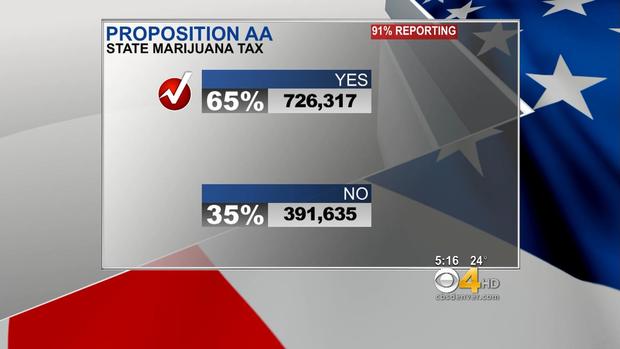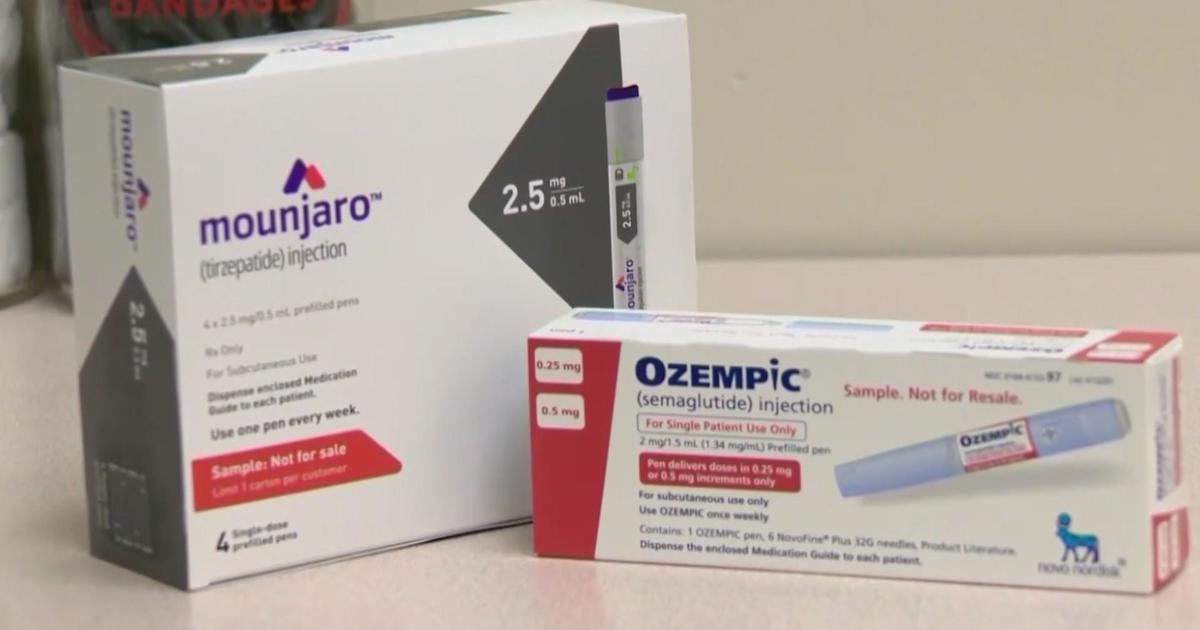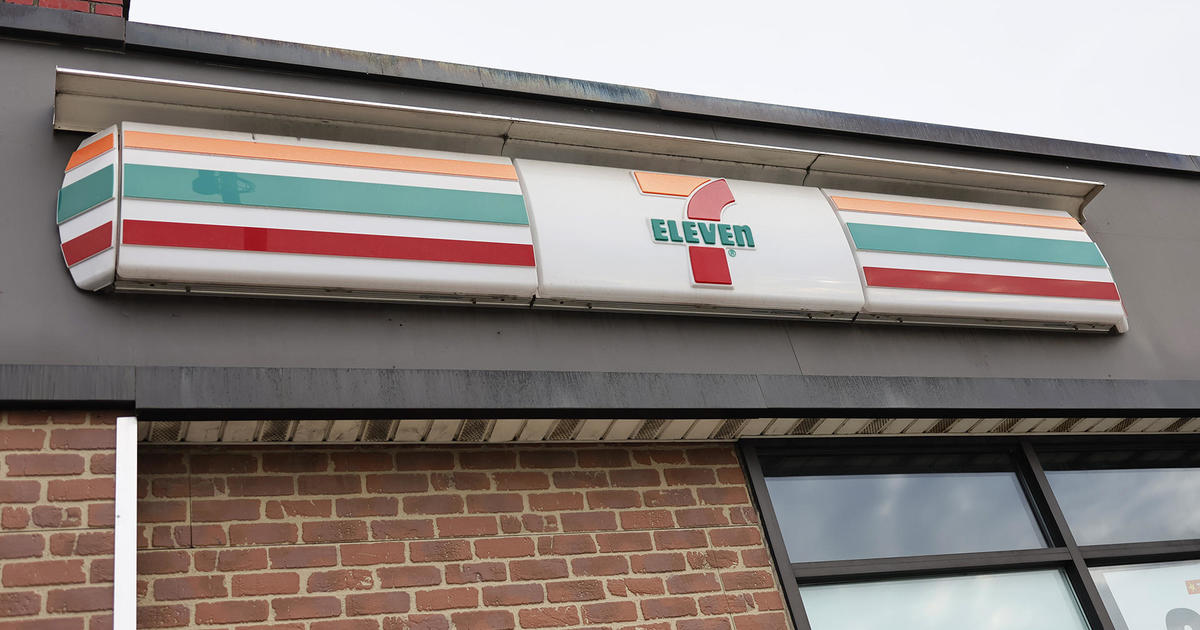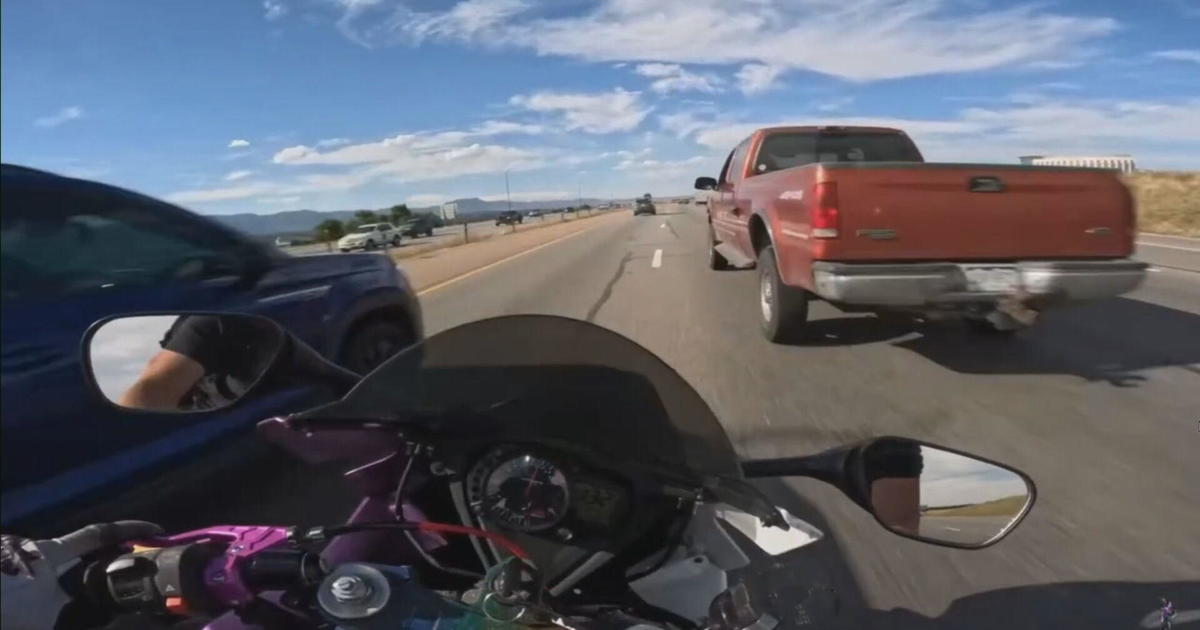Colorado Passes Tax On Pot For Schools, Regulation
DENVER (AP) - Further bringing marijuana into the mainstream, Colorado voters decided Tuesday to treat the blossoming industry like other businesses by passing hefty taxes designed to raise money for schools and regulation.
With 90 percent of the projected vote counted, the taxes were passing with 65 percent of voters in favor.
The measure, Proposition AA, implements a 15 percent pot excise tax plus a 10 percent sales tax — taxes that are estimated to bring in $70 million a year.
The taxes are in addition to a 2.9 percent sales tax that pot stores will be subjected to for marijuana regulation. Sales of recreational marijuana become legal in Colorado on Jan. 1.
"The passage of Proposition AA means Colorado will have a strong and well-funded regulatory system, along with funding for education, prevention, treatment, and other safety issues that may arise," said Michael Elliott, executive director of the Medical Marijuana Industry Group.
Opponents argued that marijuana should be taxed like beer, which has a lower tax rate. They handed out free joints at rallies to show their displeasure with the suggested tax.
"They won. The people have spoken," said Robert Corry, a prominent marijuana attorney who opposed the taxes. "What I'd like to see is everyone coming together and trying to make this recreational-marijuana market work."
Opponents of the taxes expressed concern that the proposed taxes were so substantial that it would drive recreational marijuana users into the black market.
"That's a major concern. We still have that concern," Corry said. "We hope we're wrong."
But supporters, including pot legalization advocates, called the measure an opportunity to show the marijuana industry can be beneficial. They also said it fulfilled a promise made to voters who approved the recreational use of marijuana last year with the assurance that there would be a tax to fund school construction.
Many municipalities are counting on the windfall from additional taxes to deal with unexpected consequences of marijuana legalization. Even counties that are choosing to ban retail pot shops have indicated they want a share of any additional tax revenue.
It's not yet known how the taxes will affect recreational pot prices when retail sales begin. But if current prices hold, Colorado's proposed tax rate would add about $50 to an ounce of medium-quality loose marijuana, roughly the amount that would fit in a sandwich-sized plastic bag.
Still, exact tax burden on individuals are less clear.
Like alcohol, marijuana can vary widely in potency, quality and price. Both Washington and Colorado plan to use taxes based on price. By contrast, alcohol is taxed by the gallon and cigarettes by the pack.
Another unknown is how much regulation will cost.
Democratic Gov. John Hickenlooper and Republican Attorney General John Suthers, both of whom opposed the legalization of pot, supported the taxes.
- By Ivan Moreno, AP Writer
(© Copyright 2013 The Associated Press. All Rights Reserved. This material may not be published, broadcast, rewritten or redistributed.)




